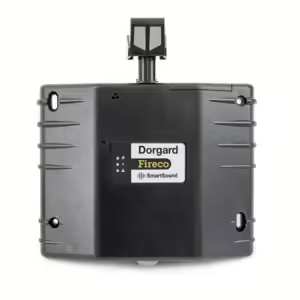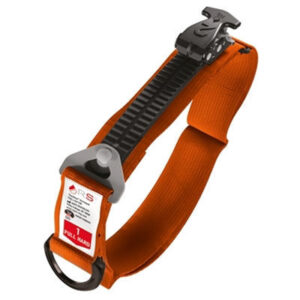- 29 March 2022
Defibrillator manufacturer has issued the following field safety notice for M5071A (adult) and M5072A (infant/child) pads for use with HS1/OnSite/Home AEDs, which may experience gel separation and reduction of gel surface area. Please note that Philips advises that the pads are perfectly safe to use.
HS1/OnSite/Home AED pads (PN: M5071A, M5072A) have been observed to experience gel separation from the foam/tin backing when peeled from the yellow plastic liner. The gel may fold onto itself resulting in reduced surface area of gel on the pad, or it may separate almost completely leaving only a small amount of gel on the pad. Any pad currently installed in or stored with an HS1/OnSite/Home AED could experience this problem, and it is not possible to know prior to patient use if your pad is affected because the pads are protected by a foil seal.
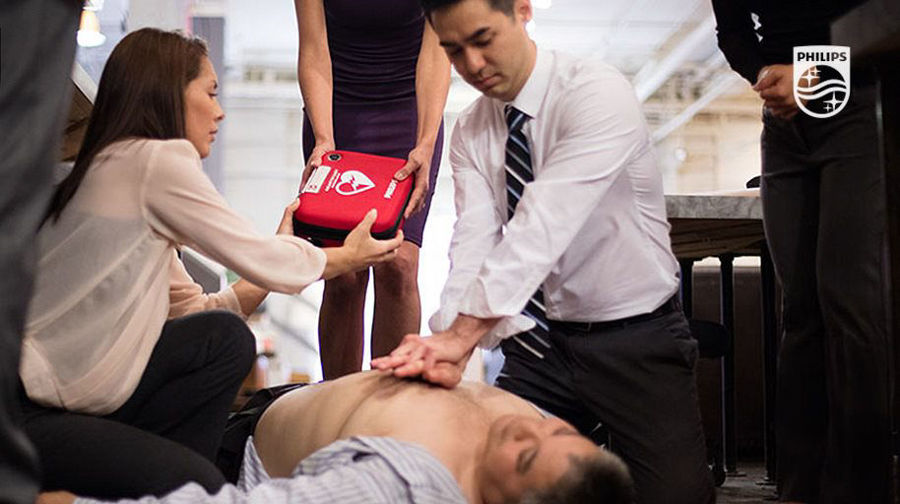

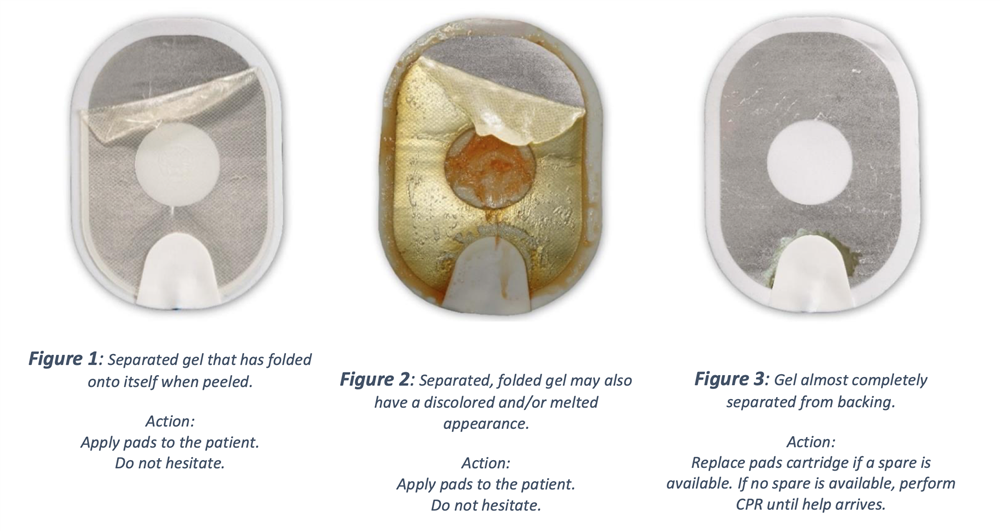

Philips has received 115 complaints about this issue since 2010 (of which 84 complaints in 2021) for a total of approximately 5 million shipments of M5071A and M5072A pads. Users should continue to use the HS1/OnSite/Home AED and pads as-is, and follow the voice prompts because the AED will step the user through the necessary actions.
When a pad with separated, folded gel is placed on the patient’s bare skin, the HS1/OnSite/Home AED could deliver less effective or ineffective therapy to the patient due to the reduced surface contact area with the skin. See example picture in Figure 1.
Separated, folded gel may also have a discolored and/or melted appearance. While the gel may also have a discolored and/or melted appearance, the appearance does not have any impact on the delivery of therapy; however, there may be a delay in therapy if the user hesitates to apply the pad due to its appearance, and the AED may deliver less effective or ineffective therapy to the patient due to the reduced contact area with the skin. See example picture in Figure 2.
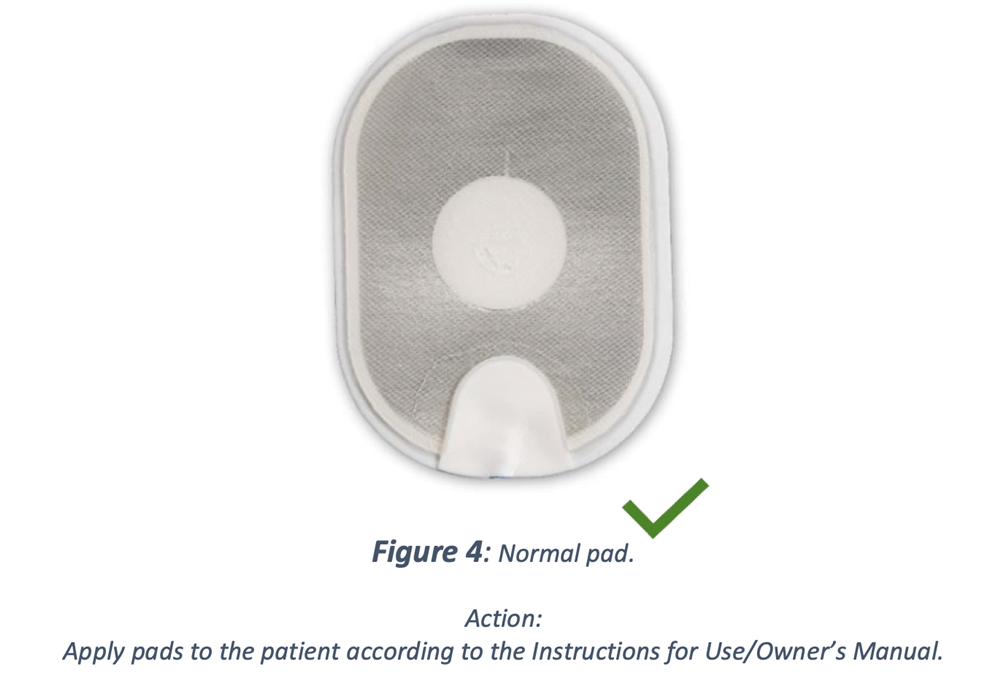

It is also possible that the gel could separate almost completely from the foam/tin backing when peeled, (see Figure 3.) Due to a small amount of gel surface contact area with the skin, electrical arcing could occur when a shock is delivered leading to burns to the patient’s skin, or the AED could be unable to deliver any shock through the pads. A delay in therapy will result while the user installs a replacement pads cartridge (if available) or performs CPR while waiting for Emergency Medical Services Personnel to arrive. For comparison, Figure 4 shows a normal pad. No matter the state of the pad, follow the voice prompts because the AED will step you through the necessary actions.
Affected products
Affected products include all Lots of Adult and Infant/Child Pads Cartridges (PNs: M5071A and M5072A) installed in or stored as spares with the HS1, OnSite, and Home AEDs. This notice takes into consideration only pads that are unexpired. Note, subsequent shipments will still be affected until updated pads are available.
The M5071A and M5072A part numbers are located on the pads cartridge and the foil packaging. The M5072A identifier can also be found on the box that Infant/Child pads are shipped in. See photos below with the location of the part number circled
Continue using the HS1/OnSite/Home AED and pads as-is. During use, ensure the majority of the pad surface is covered with gel and apply the pads to the patient. If you notice the gel beginning to separate from the foam backing as you peel, try to prevent the gel from folding onto itself if possible. Do not hesitate to apply the pads to the patient unless the gel has almost completely separated from the backing as in Figure 3. In case of trouble, install spare pads if available and continue the rescue. No matter the state of the pads, follow the voice prompts because the AED will step you through the necessary actions.
Do not try to examine the pads gel prior to patient use. It is not possible to know if your pads are affected by the problem prior to use because the pads are protected by a foil seal. The foil seal on the pads cartridge should be opened only for patient use in an emergency because the pads will quickly dry out if the foil seal is broken.
If you have any further concerns, please contact us at sales@defibworld.org



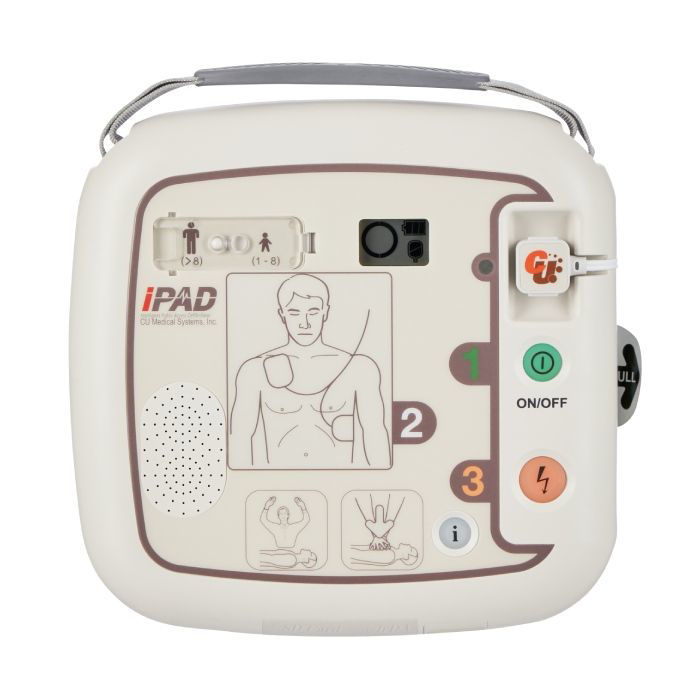
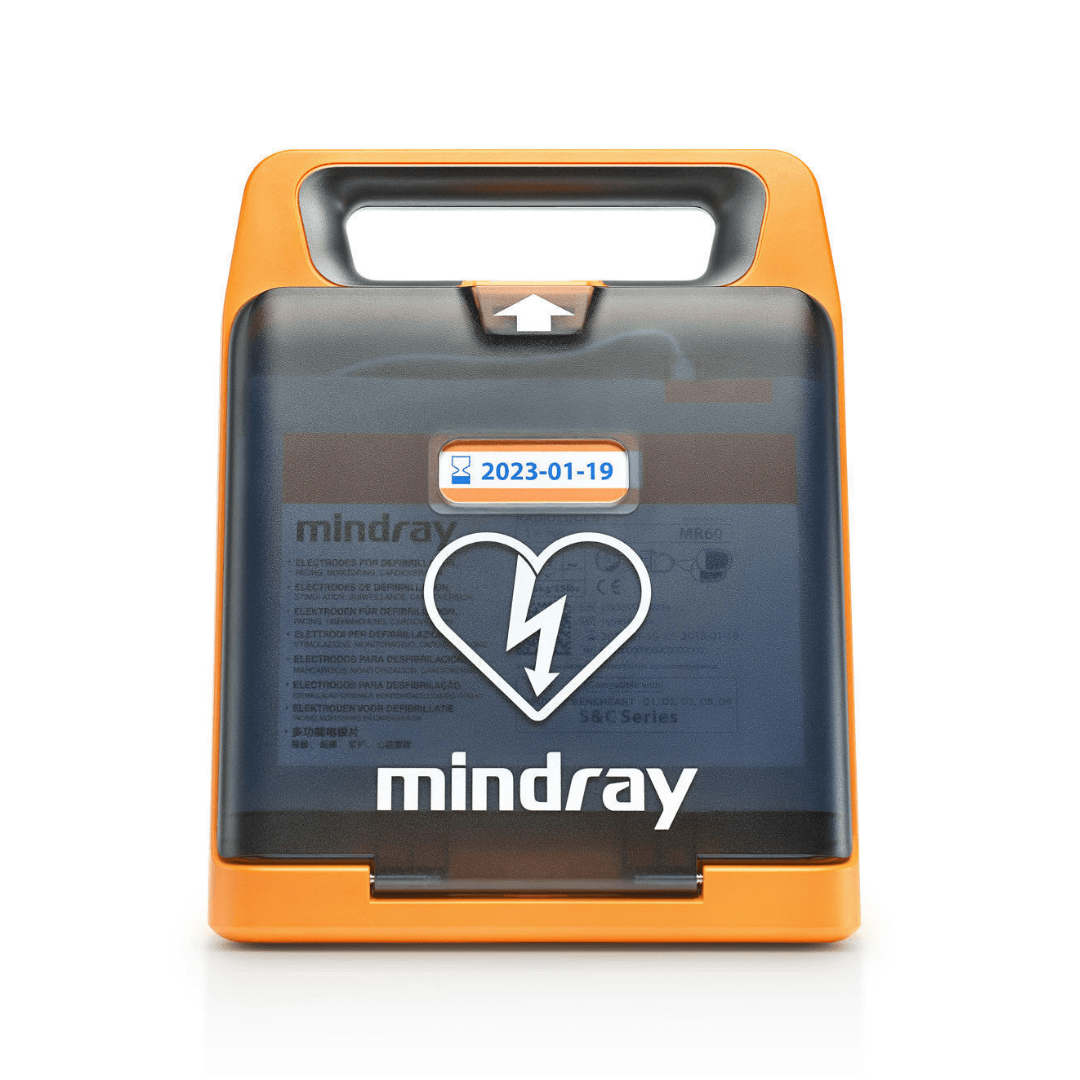
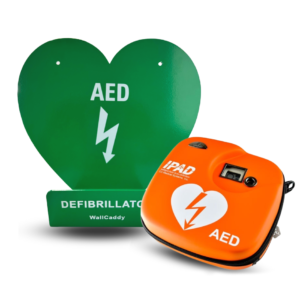
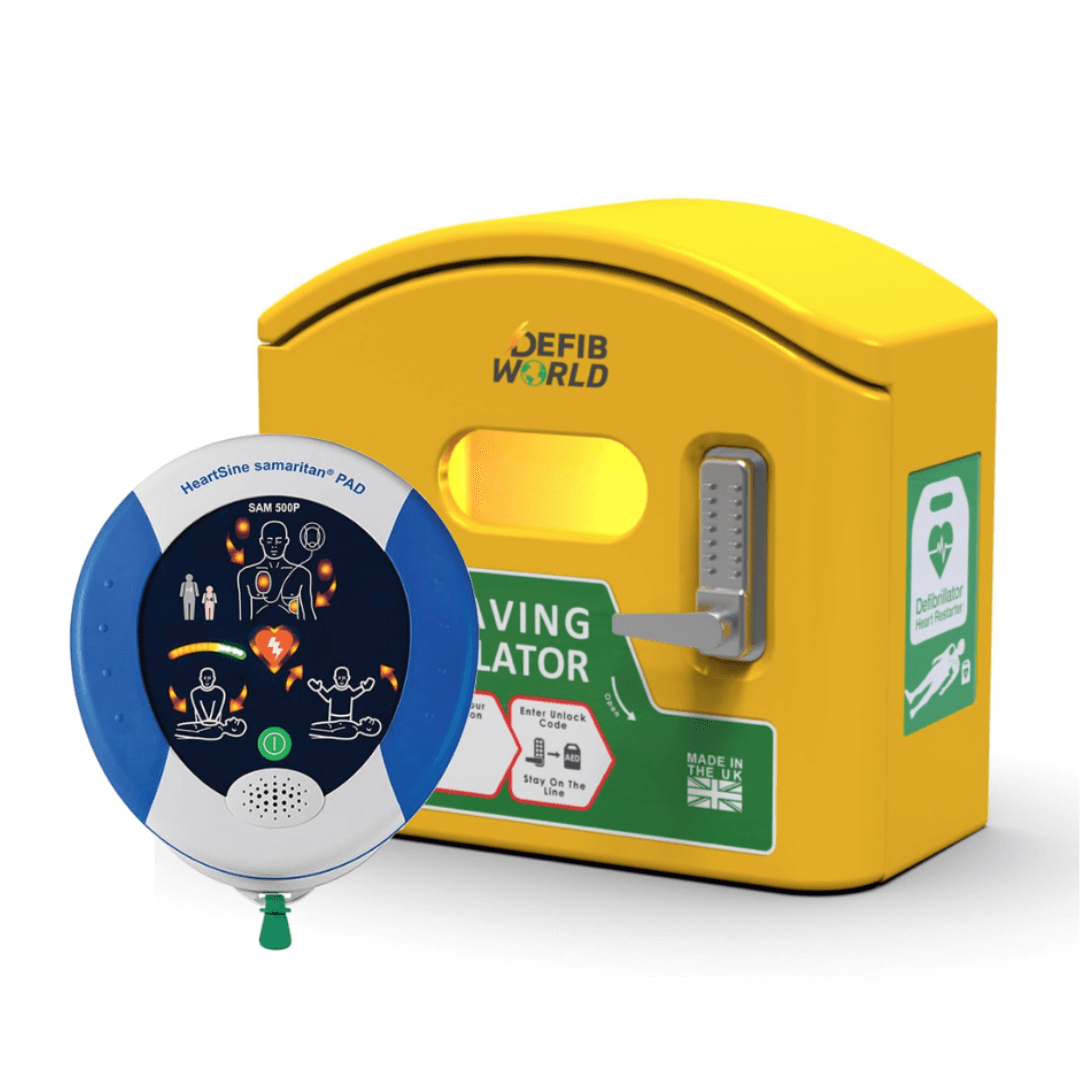
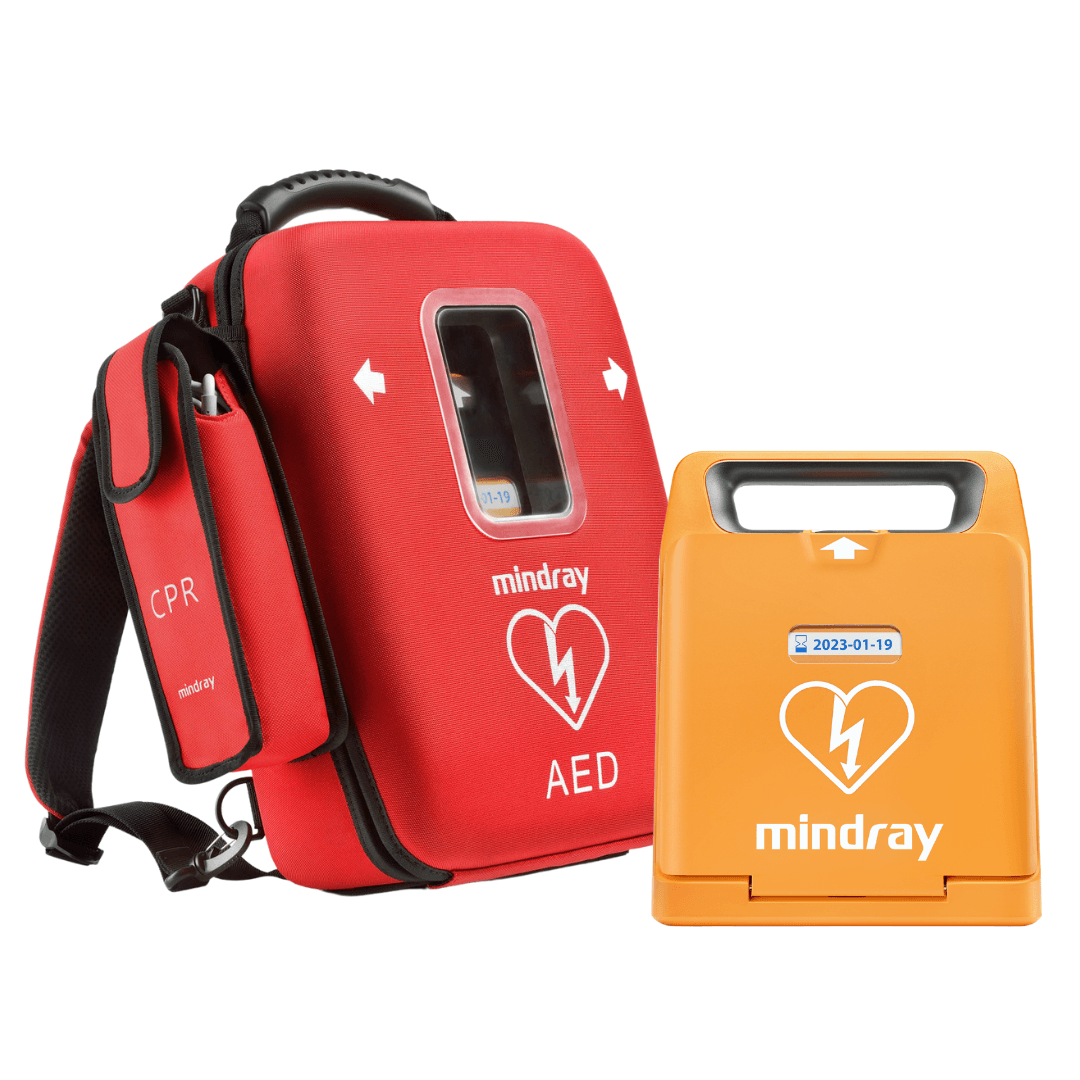
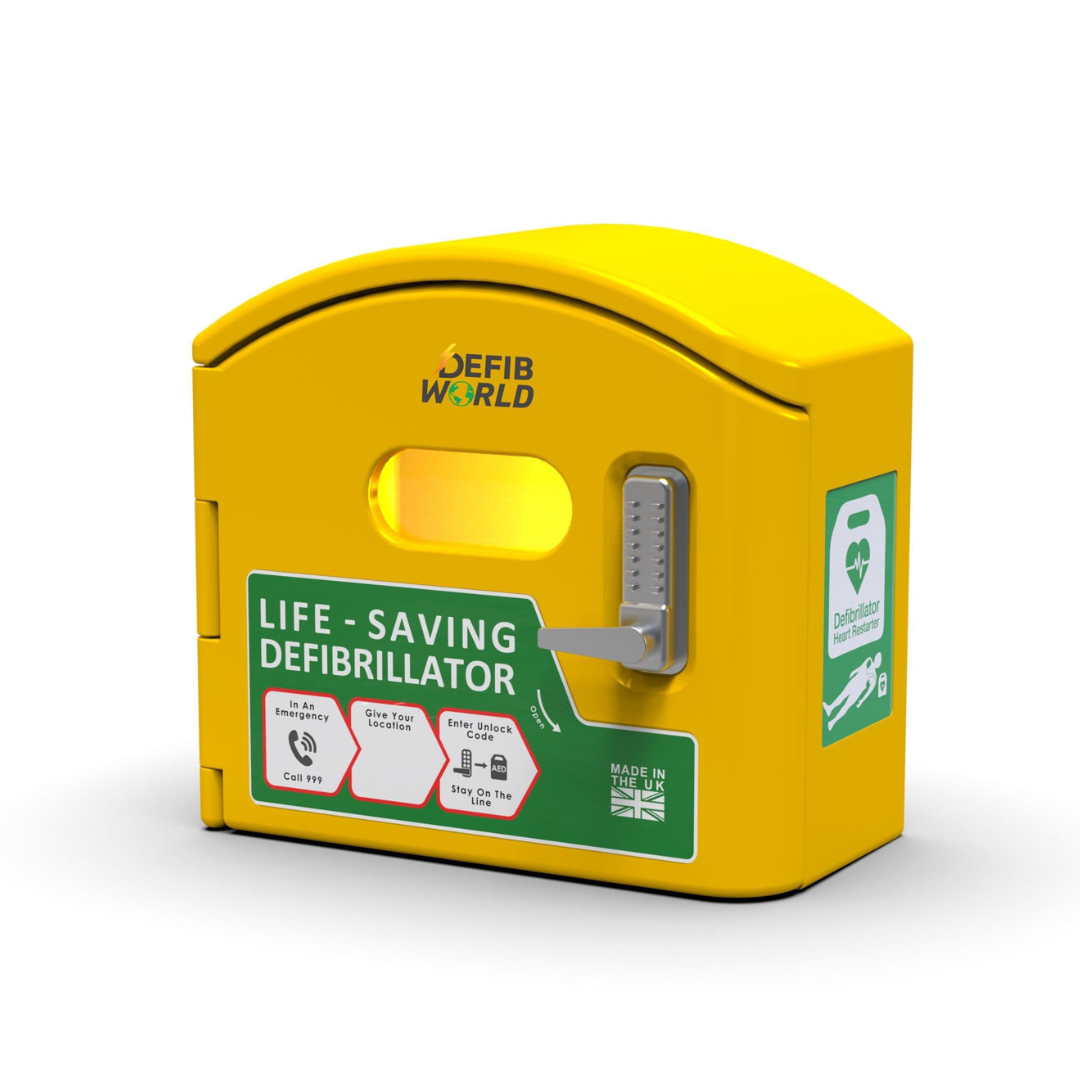
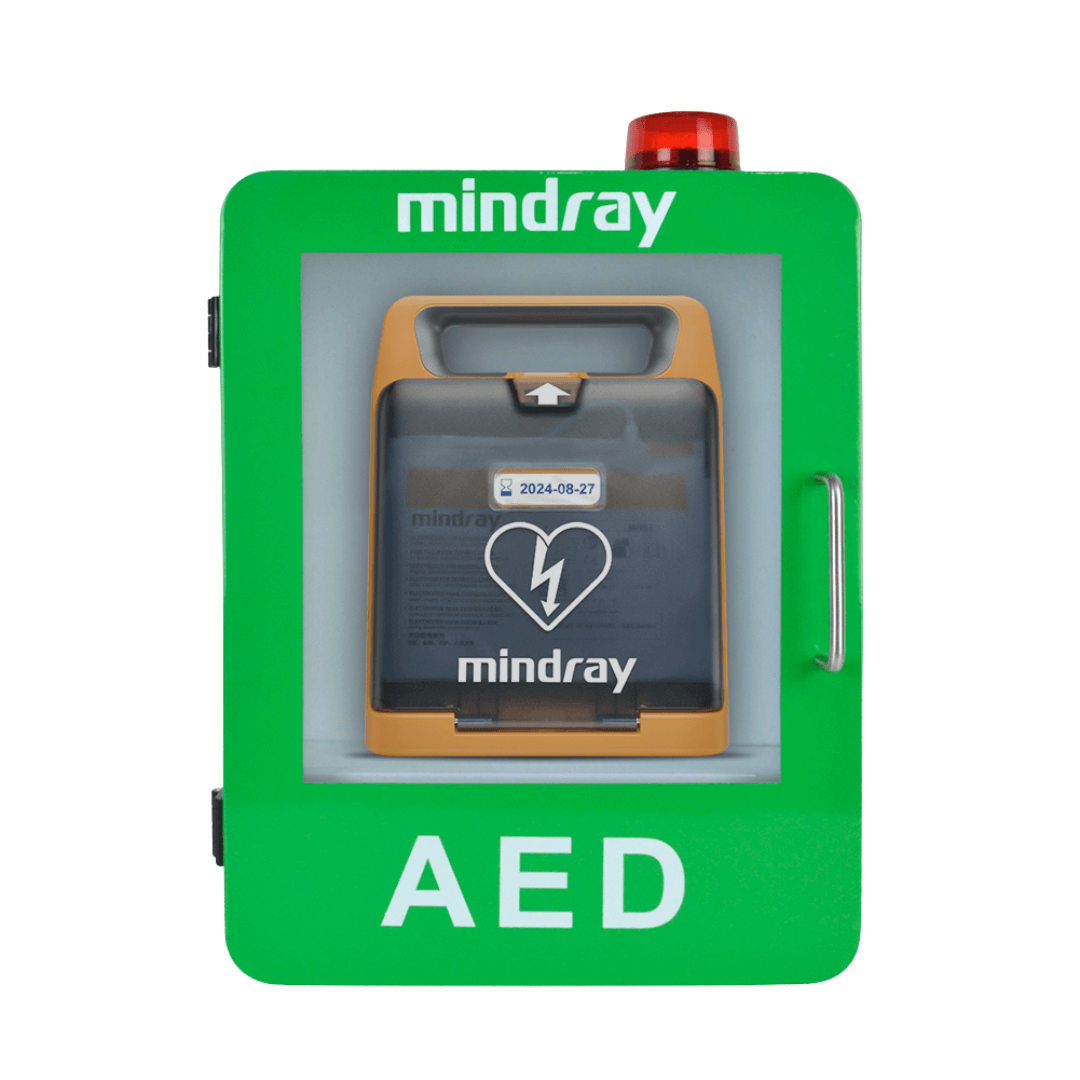
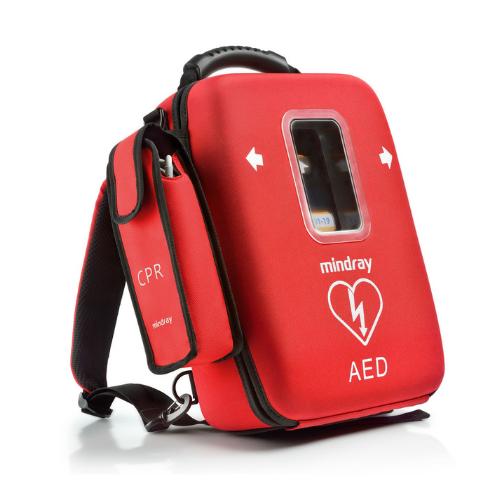
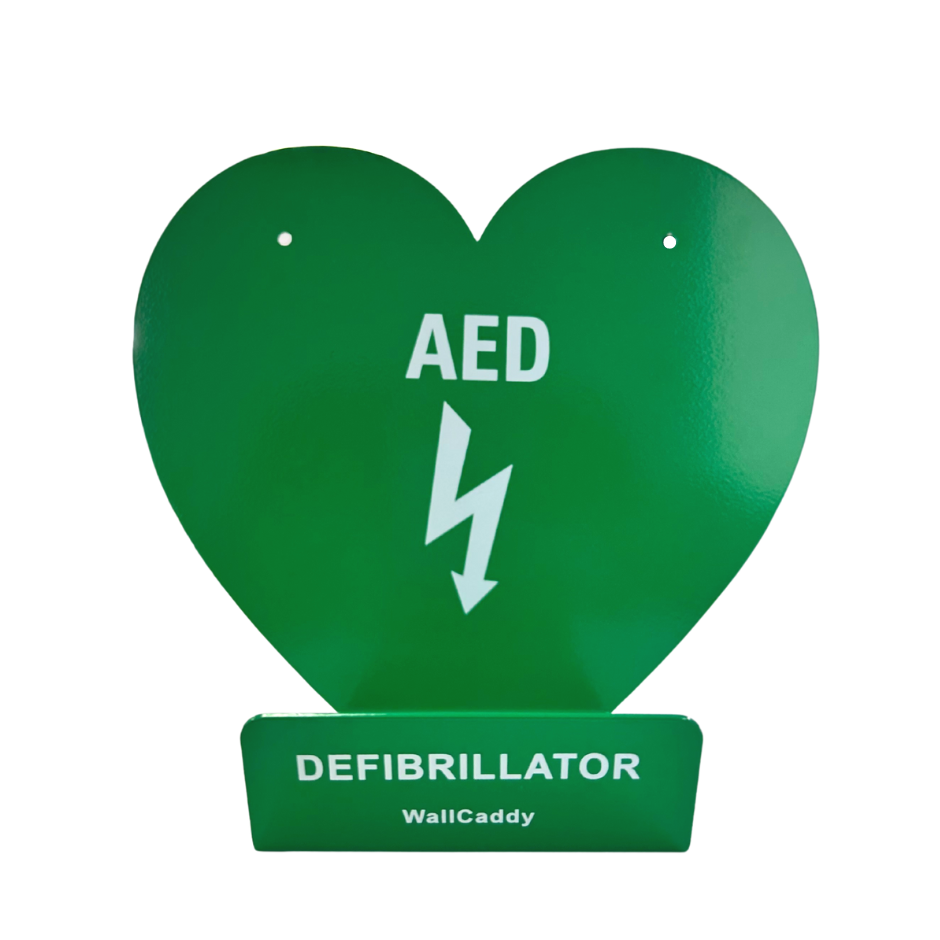
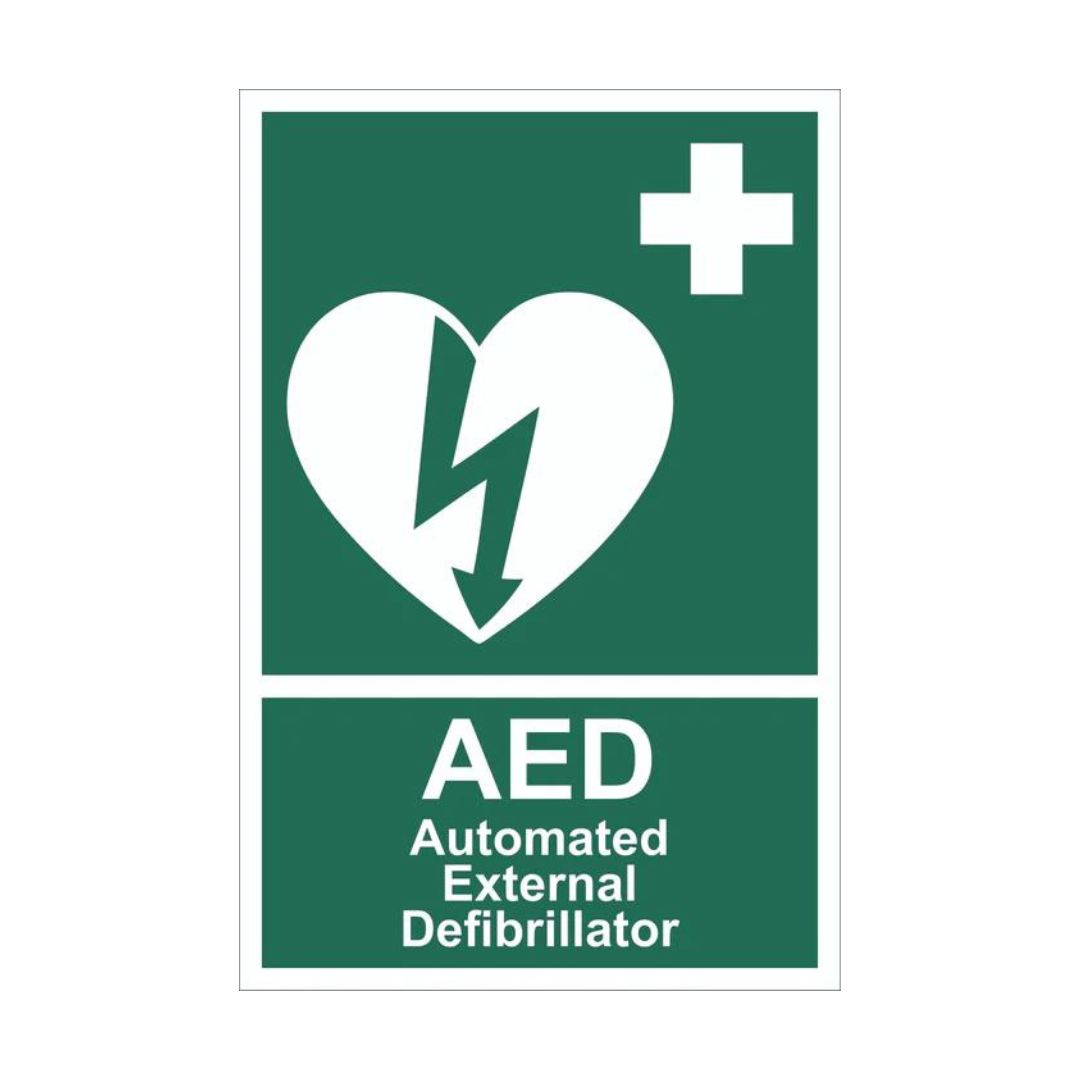
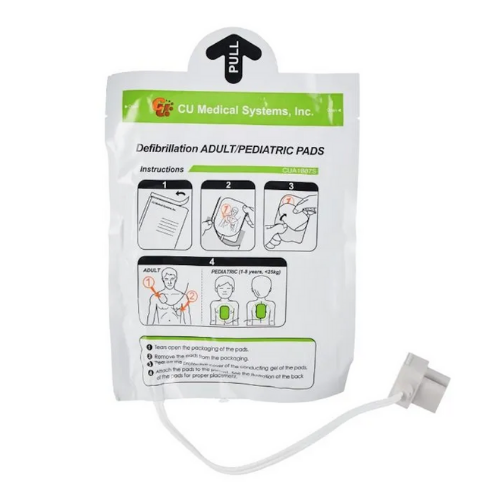
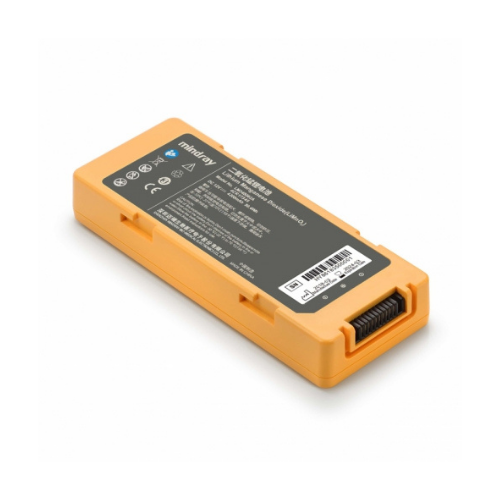
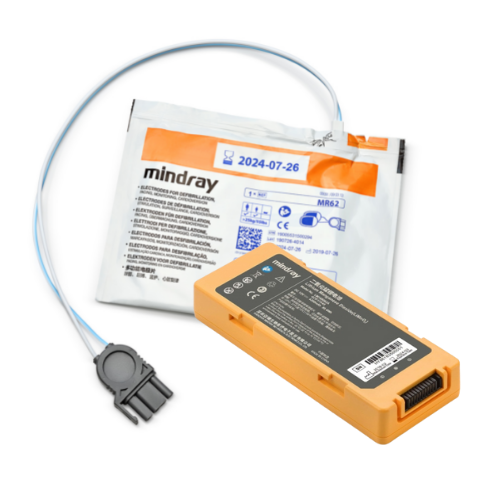
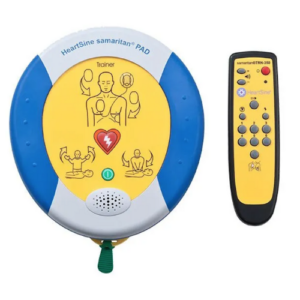

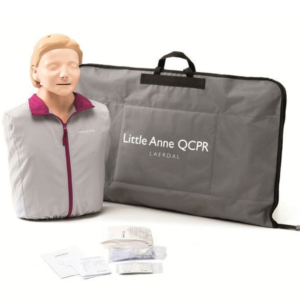
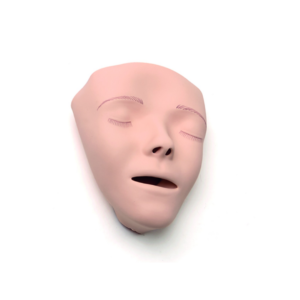
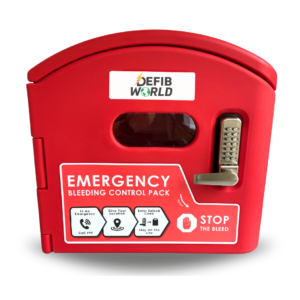

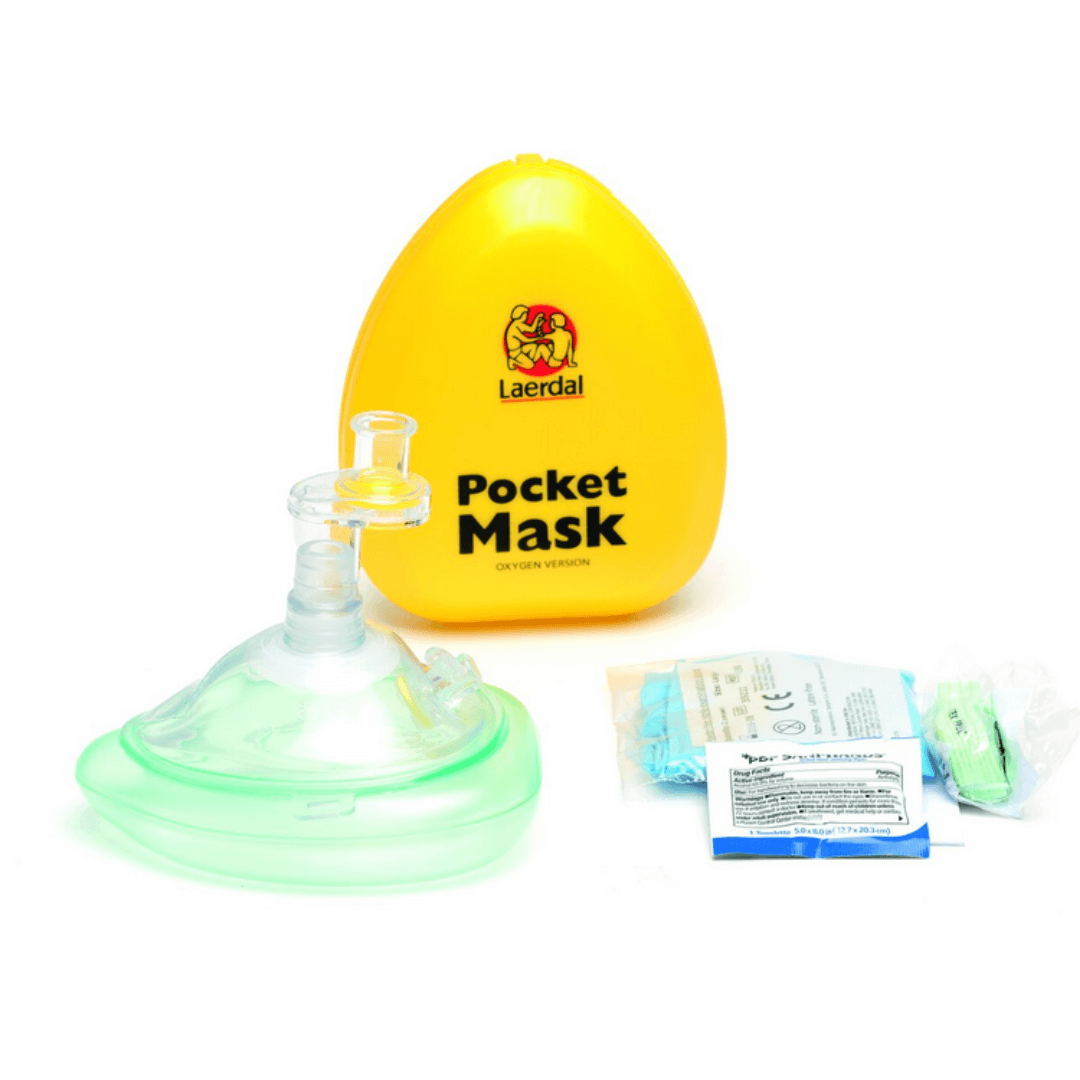
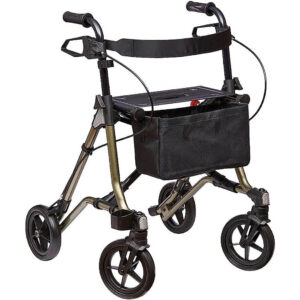
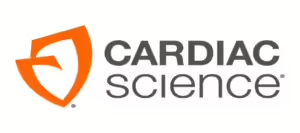
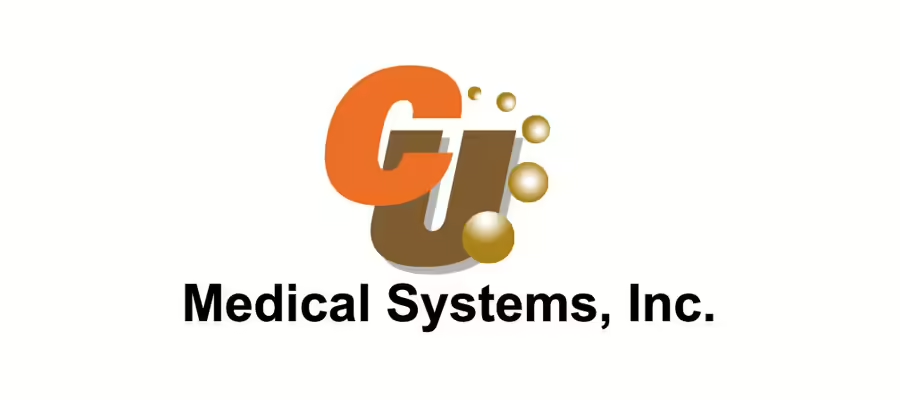
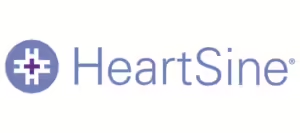
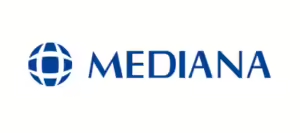
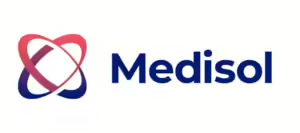



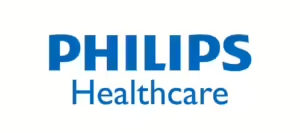
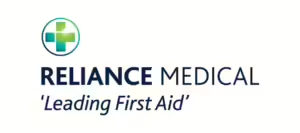
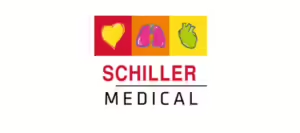


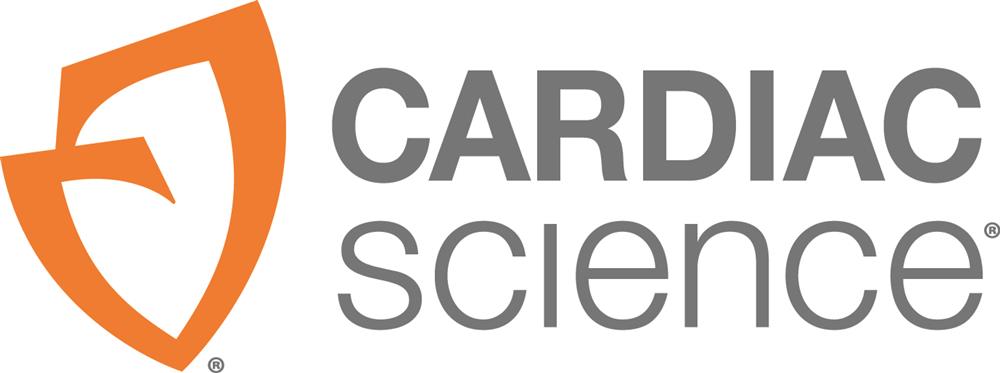
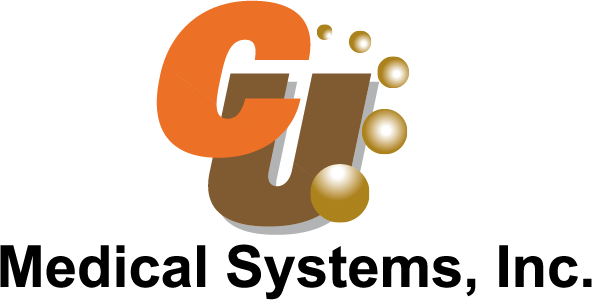
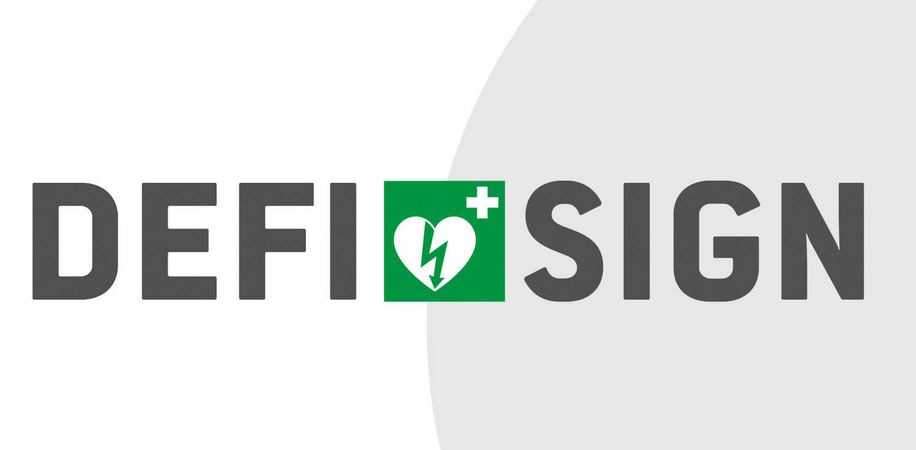



.svg.png)
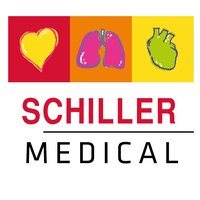

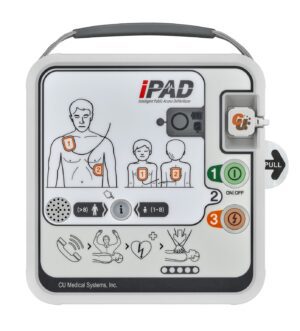
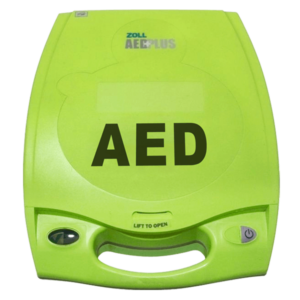



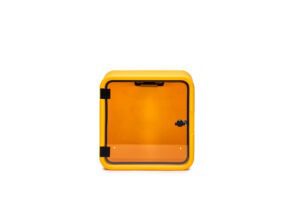
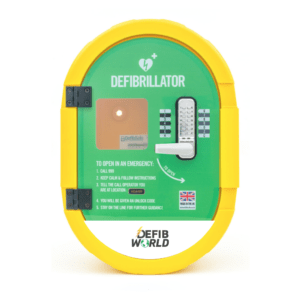

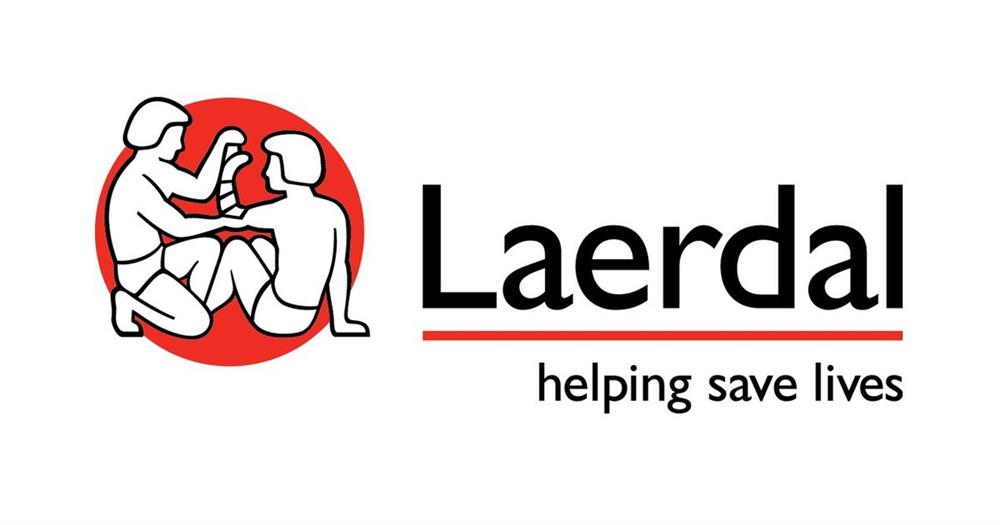

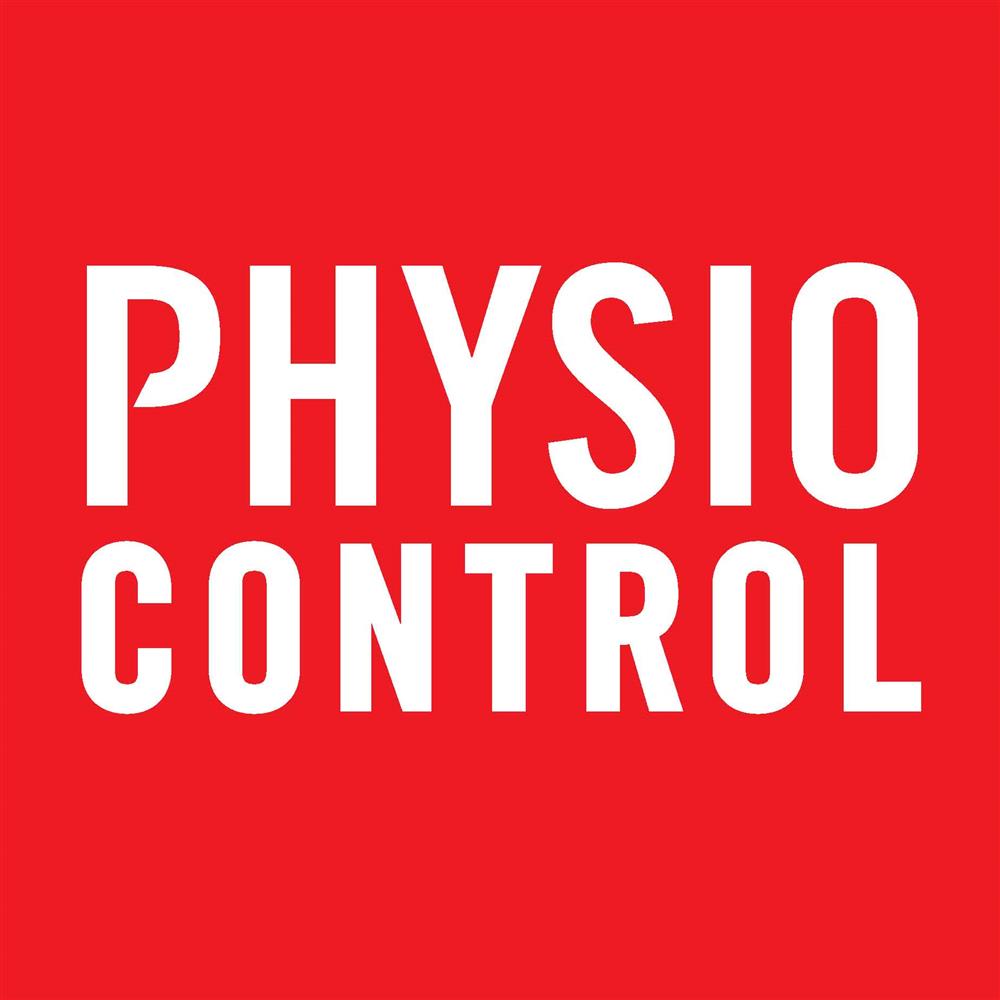
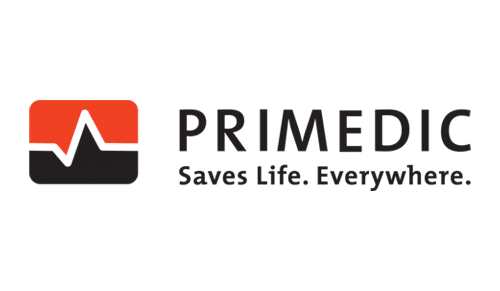

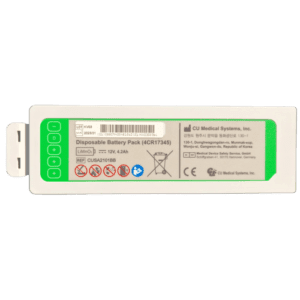
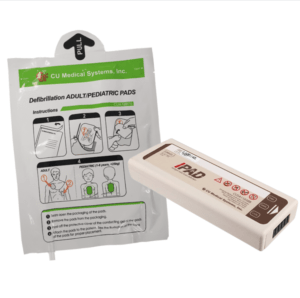
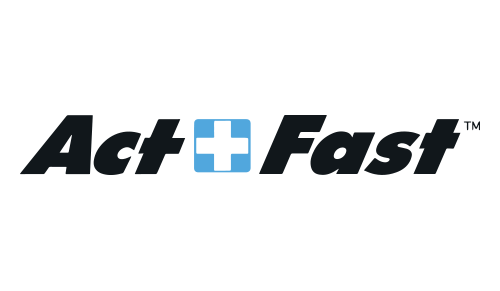

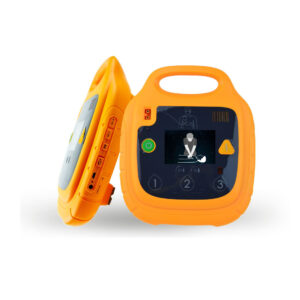
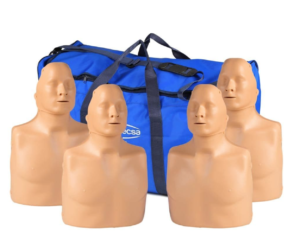
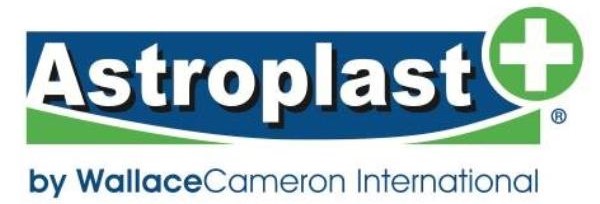



.jpg)
